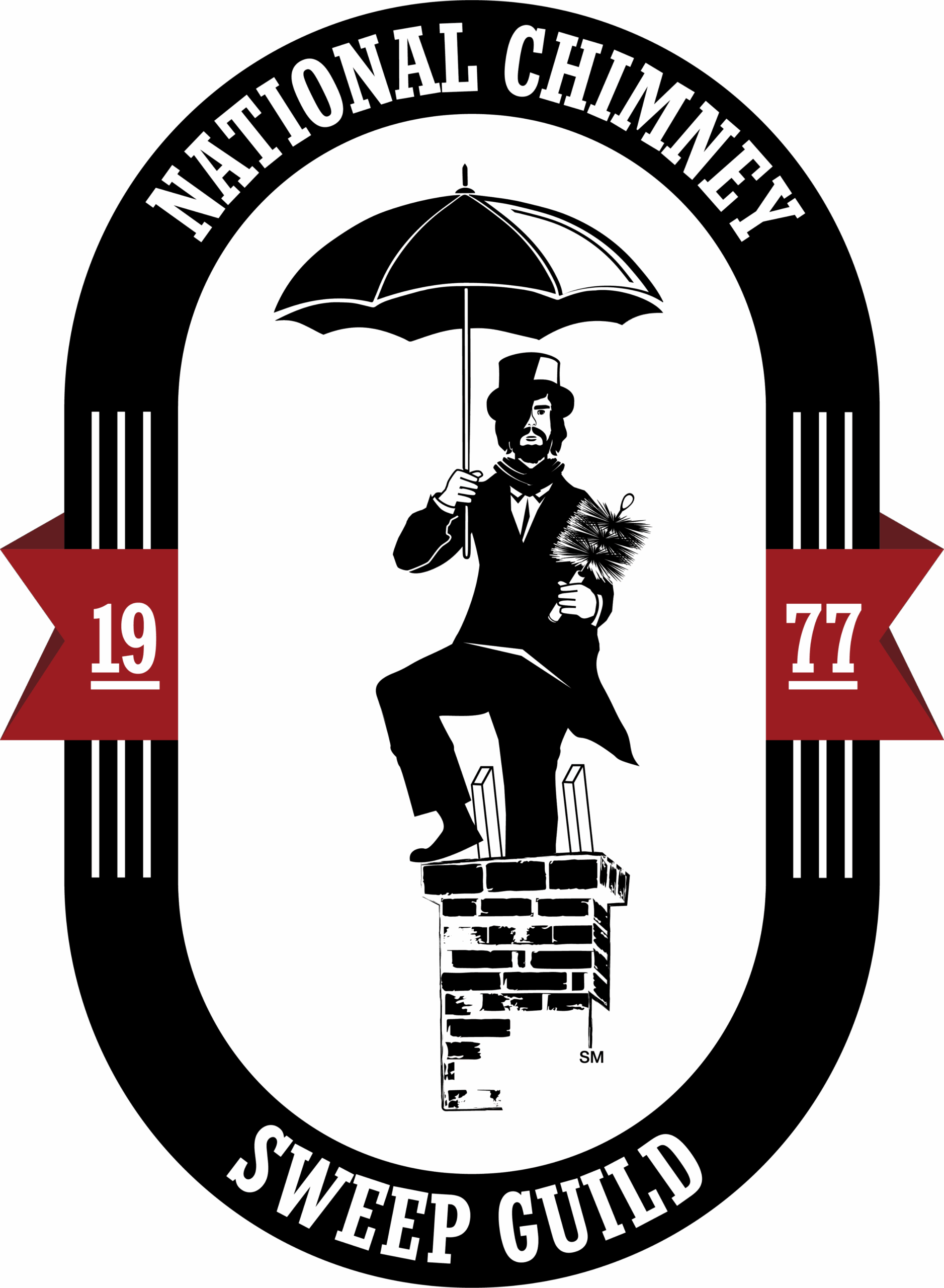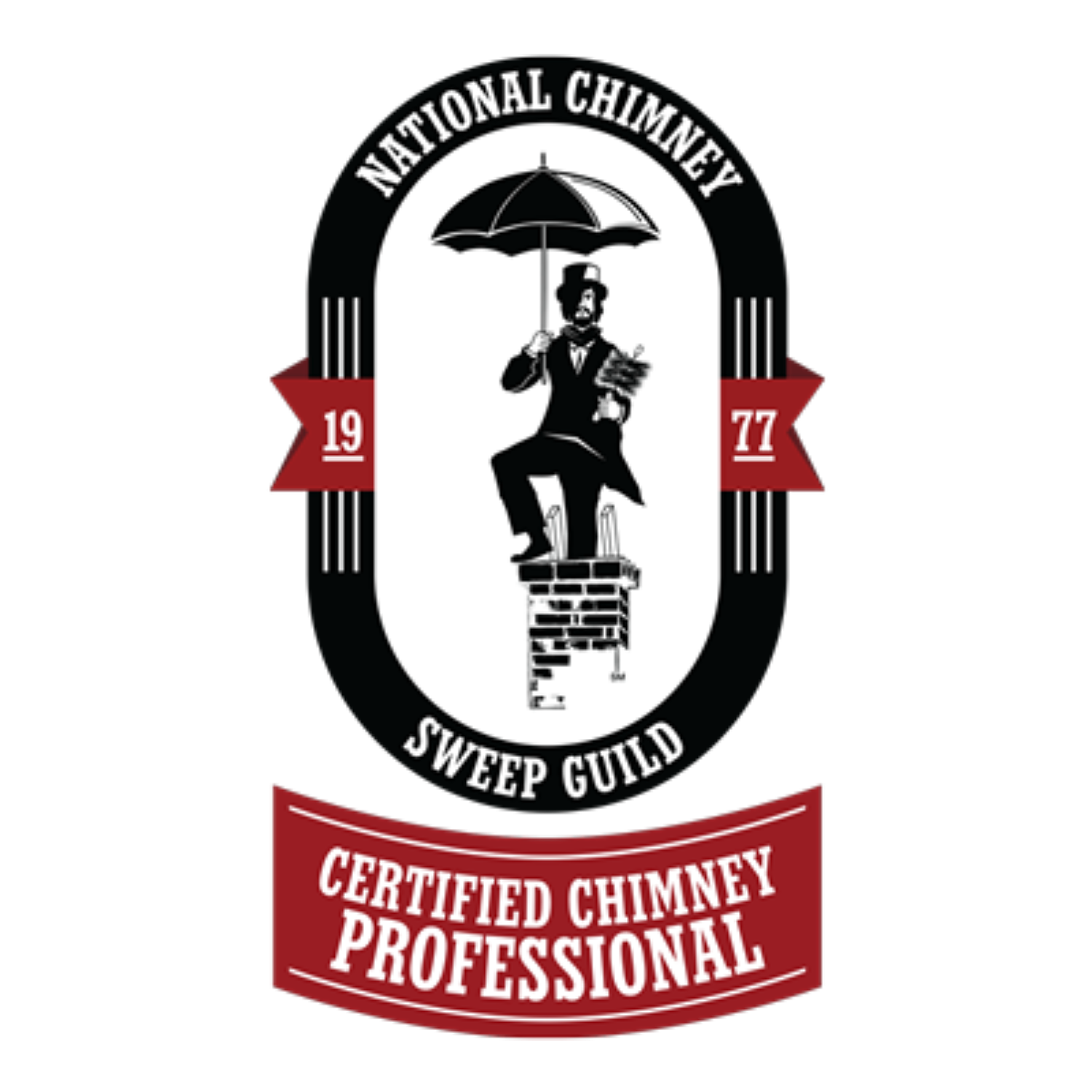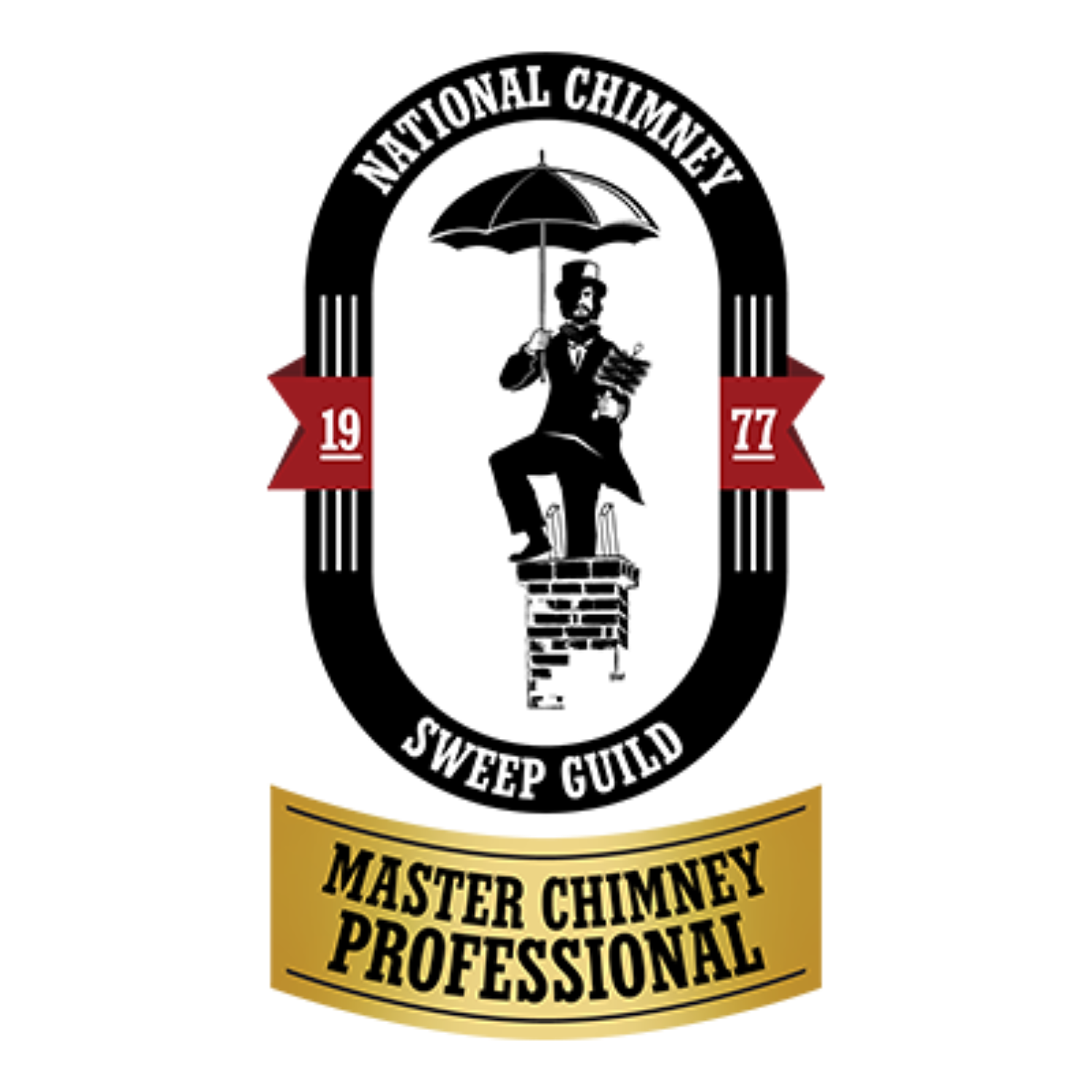Raccoon Babies in the Attic
What do you do if you have raccoon babies in the attic? Call Master Services (972) 877-4650 or (713) 723-4854.
Right now through the end of May is the busiest part of the raccoon breeding season, mothers have already or are just about to give birth to their babies. Raccoon babies in the attic can take quite a bit of finesse and experience to ensure they are gotten out safely and not left in your attic without their mother. Having someone who is trained and experienced in wildlife removal to help you get the raccoon babies in the attic out will be of great help to you in ensuring they do not die in your home and are gotten out before large amounts of damage can be done.
Master Services has been in business for over 16 years as a leader in wildlife removal and control. Getting raccoon babies in the attic trapped and relocated is something that we have daily experience with. When a mother raccoon has taken up her home in your attic she will protect the area as fiercely as she can to ensure that her babies and home are kept safe. This is where having a professional Wildlife Specialist to help you in their relocation is vital. Mother raccoons have been known to cause quite some harm and damage while trying to protect her raccoon babies in the attic.
Once very successful method for getting raccoon babies in the attic moved is through the use of eviction fluid. This is a mixture of male raccoon pheromones and predator urine. When the mother smells this mixture in her home she will normally move the babies to a new location on her own. Once she has moved the raccoon babies in the attic the holes that she had been using to access your attic can then be repaired and sealed. This will prevent other raccoons and animals from entering your attic once she has left.
Getting the attic cleaned up and sanitized once the raccoon babies in the attic are gone is a vital step to animal removal from your attic. Raccoons are carriers of many different diseases and illnesses in fact; they can carry them and not be affected by them. They also leave quite a mess behind in an area they were using as their home. Getting the remaining feces, urine and nesting materials safely cleaned out of your home will prevent the spread of anything the animals may have been carrying.










